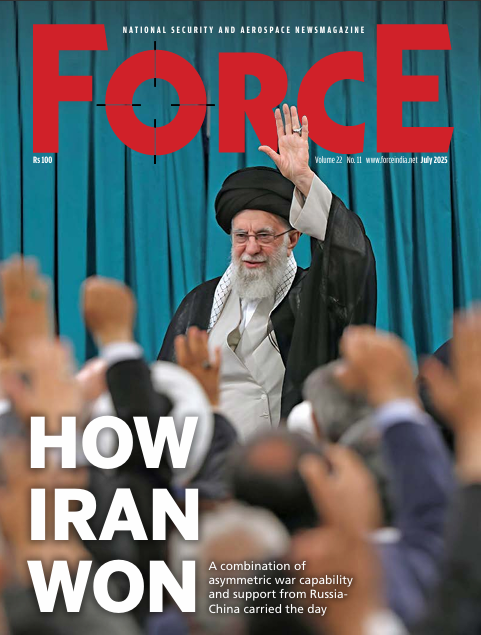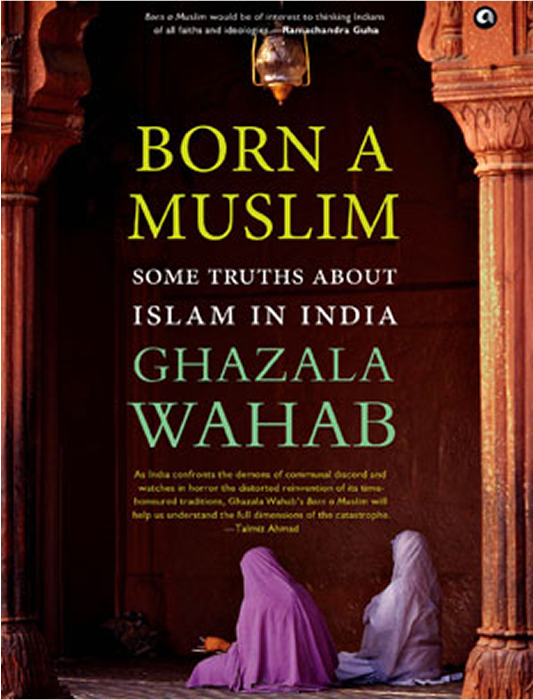First Person | Majority Rule
 After dragging on for nearly a decade, the Graham Staines’ and his two pre-pubescent sons’ killing case finally reached closure in the third week of January. The Supreme Court upheld the sentence of the Orissa high court, which had given life term to Dara Singh and his accomplice who led a mob of nearly 50 people to burn the threesome in their van which they used as their night-rest in the wilderness of Orissa’s Keonjhar district.
After dragging on for nearly a decade, the Graham Staines’ and his two pre-pubescent sons’ killing case finally reached closure in the third week of January. The Supreme Court upheld the sentence of the Orissa high court, which had given life term to Dara Singh and his accomplice who led a mob of nearly 50 people to burn the threesome in their van which they used as their night-rest in the wilderness of Orissa’s Keonjhar district.
Pronouncing the verdict, the two-judge bench comprising Justice P. Sathasivam and B.S. Chauhan not only said that Dara Singh’s offence did not fall in the category of ‘rarest of the rare’ cases, they qualified their judgement by observing that, “We hope Mahatma Gandhi’s vision of religion playing a positive development integrating into a prosperous nation will be realised. There is no justification for interfering in someone’s belief through force, conversion or false premise that one religion is better than the other.”
It is of course Supreme Court’s prerogative to decide which case is rarest of rare. Perhaps, burning of an unarmed man and his two children while asleep happens all the time in India and the honourable judges may have come across several such instances in their long career, so one cannot argue with that. My argument is with the comment which qualified the judgement. By referring to religious conversion, the honourable judges effectively hinged their judgement on the theory of ‘cause and effect’. The Staines brought their fate upon themselves by converting the tribal people, either through temptation or coercion. Is this not the justification of the killing, which actually falls in the realms of terrorism? Even if Graham Staines was trying to convert the tribal people in the garb of charity (though his wife Gladys Staines repeatedly denied it and subsequently even forgave Dara Singh and his henchmen), were his two sons, aged seven and nine, also busy harvesting the souls of hapless tribal for their salvation? Or were they, collateral damage?
Following a near outrage, the SC subsequently expunged these remarks from the judgement saying that it decided against the death sentence because the case is very old. It is not my case that Messrs Dara Singh should be hanged to death. I oppose capital punishment. And I equally oppose the gratuitous manner in which the victim is made responsible for his own victimhood.
This judgement reflects how the judiciary has succumbed to the old RSS bogey of Hindus being reduced to a minority in their country by the twin assaults of excessive procreation by the Muslims and conversions by the Christians. Judiciary is the third pillar of our democracy and if this pillar is held up by people who are swayed by false propaganda then we need to be worried. Judiciary is an institution which is held to be infallible, incorruptible and completely unbiased. Insidious ideological subversion of institutions like these is a matter of alarm.
Subscribe To Force
Fuel Fearless Journalism with Your Yearly Subscription
SUBSCRIBE NOW
We don’t tell you how to do your job…
But we put the environment in which you do your job in perspective, so that when you step out you do so with the complete picture.








